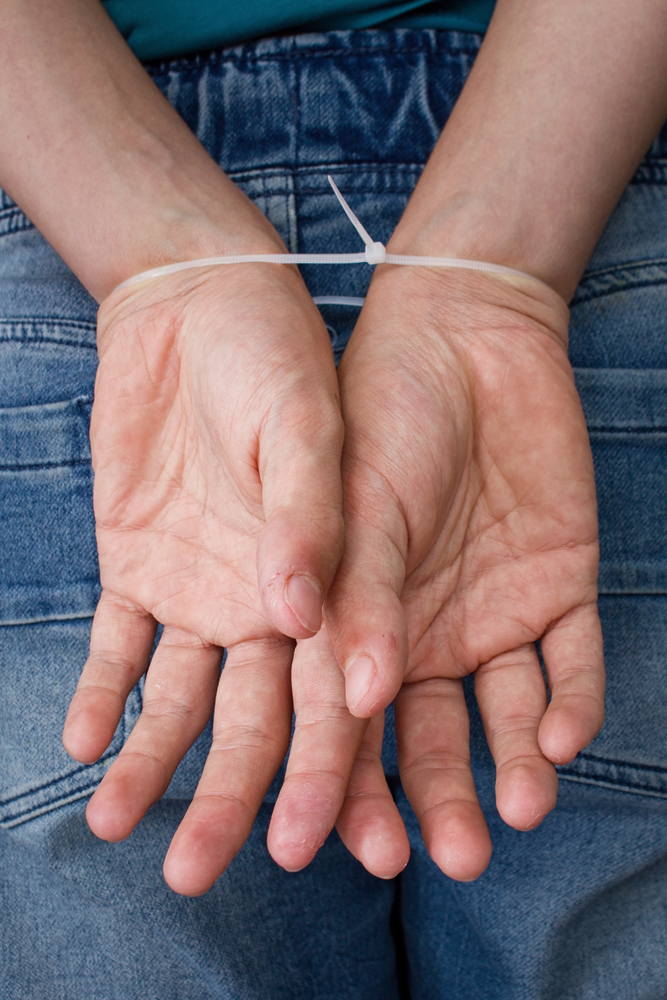Content
It impairs certain functions of the brain by disrupting connections between neurons. This is why someone who drinks too much alcohol will have trouble with coordination and judgment. When someone drinks alcohol regularly or in large quantities, their brain will begin to adapt to the effects of alcohol and develop a tolerance. Eventually the person will feel that they need to drink to feel normal or get through the day. If you start to feel withdrawal symptoms, it’s important to reach out to a professional for help.
High blood pressure is a common health issue in the U.S. that, if not controlled, can increase the risk of serious medical conditions such as heart attacks, stroke, and heart failure. Withdrawal symptoms can be a significant stumbling block in maintaining sobriety. For example, a person might be hesitant to stop drinking because they are afraid of alcohol withdrawal.
What Happens When You Stop Drinking Alcohol?
For additional concerns, do not hesitate to ask your doctor about the amount of alcohol that would be fine for you. Research suggests that the following effects of alcohol on the body can cause high blood pressure. A number of factors can contribute to high blood pressure, including alcohol consumption. Symptoms of withdrawal are also a major causes of relapses in the early stages of recovery. People who are trying to stop drinking might give up if the symptoms of withdrawal become aggravating enough to prompt them to have a drink to ease the discomfort. There are several mild to moderate psychological and physical symptoms you might experience when you stop drinking. Half of people manage to stay abstinent from alcohol for a year.
How does alcohol affect blood pressure? – Medical News Today
How does alcohol affect blood pressure?.
Posted: Tue, 14 Sep 2021 07:00:00 GMT [source]
However, binge drinking and heavy drinking are different, and they significantly increase blood pressure and wreak havoc on your health. More serious symptoms of withdrawal, known as alcohol withdrawal syndrome , can include delirium tremens in people with a severe alcohol addiction. As the withdrawal process continues, the symptoms can become more severe. These moderate symptoms make up the second stage of alcohol withdrawal and typically include excessive sweating, nausea, increased blood pressure, and hallucinations.
Other Symptoms
The latter is known to be caused by a combination of genetic, psychological, and social factors. Alcohol withdrawal is a term used to describe the symptoms that occur after an individual suddenly stops drinking after prolonged and heavy exposure to alcohol. In some people, alcohol causes blood pressure to rise quite a bit. If you drink alcohol, limit it to no more than 1 drink per day for women or 2 drinks per day for men.

In addition, recovery centers often have therapists and counselors on staff to talk to patients and help them manage their emotions as they progress through detox. Someone who is detoxing at a treatment center will probably also receive a thorough diagnosis of any physical or mental problems which co-exist with their addiction.
Alcohol Withdrawal And Detox Timeline
The evaluation consists of 11 yes or no questions that are intended to be used as an informational tool to assess the severity and probability of a substance use disorder. The test is free, confidential, and no personal information is needed to receive the result. Gortney, J.S., Raub, J.N., Patel, P., Kokoska, L., Hannawa, M., & Argyris, A. ” self-assessment below if you think you or someone you love might be struggling with an alcohol use disorder . The evaluation consists of 11 yes or no questions that are intended to be used as an informational tool to assess the severity and probability of an AUD.
You may notice improved relationships without alcohol, which may be a result of different reasons. Especially when you note the long list of heart related problems long-term drinking can cause. Smoking also causes long-term damage to blood vessels, so beyond the hypertension risk, this habit further increases the chance of developing problems like stroke, heart disease, and heart attack.
Causes Of Alcohol Withdrawal
National Institute of Alcohol Abuse and Alcoholism found that chronic drinkers showed “evidence of malnutrition” and bodies lacking in “amino acids, proteins and certain vitamins”. “Alcohol is very high in calories that don’t provide any nutritional value,” he tells us. “Your body will always prioritise getting rid of empty calories first.
- AA supports the recovery and continued sobriety of individuals.
- When this happens, the feelings of depression will diminish, and that will expedite your recovery.
- People living with alcohol use disorder should contact specialized treatment facilities in order to successfully manage their condition.
- Generally, you may need alcoholism treatment when you can no longer control the amount you drink or how long you drink for.
Screening and assessment tools do not allow physicians to predict with confidence who will or will not experience life-threatening symptoms. Hypertension in detoxified participants was related to alcohol-independent high blood pressure or to a long-lasting alcohol-induced derangement of the mechanisms that regulate blood pressure. That being said, scientists conclude that complete alcohol abstinence must be recommended to all hypertensive alcoholics.
Alcohol Consumption For Someone With Low Blood Pressure
Over time, heavy drinking can cloud your perception of distances and volumes, or slow and impair your motor skills. It can even make it harder for you to read other people’s emotions. But if you quit, your brain seems to be able to regain some of these abilities. Put yourself first this holiday season by getting mental health disorder treatment at Discovery Mood & Anxiety Program.
Withdrawal occurs when people who drink heavily give up alcohol. It can cause symptoms like anxiety, shaking, nausea, sweating and trouble sleeping. Importantly, alcohol withdrawal and blood pressure spikes are common.
Alcohol Recovery Timeline
Blood pressure, renin-angiotensin-aldosterone axis and cortisol changes during withdrawal from alcohol. Please call us to see if your HMO, PPO, or EPO insurance plan will cover your treatment. Drug withdrawal is excruciating and uncomfortable – the English language doesn’t even contain the right words to describe this type of pain. As you take alcohol out of the equation, your CNS continues working overtime. When there’s not enough saliva, it can cause bacteria to build up and lead to bad breath and possible tooth decay.

So it’s no real surprise that excessive drinking can lead to liver problems. One study has shown that heavy alcohol consumption was a huge contributor to abdominal obesity. You can’t always prevent high blood pressure, but giving up smoking and moderating your alcohol consumption can help. People with alcohol use disorder are often seen in clinics and hospitals, but medical professionals too often ignore the condition.
While some people experience very few withdrawal symptoms, others may suffer from more serious side effects. For example, delirium tremens is one of the most severe of alcohol withdrawal symptoms. It can surface within the first 48 hours after your last drink and involves confusion, severe shaking, hallucinations, and high blood pressure. Although delirium tremens is uncommon, it can be life-threatening.
Alcoholism is a serious problem with major potential to affect a person’s health and quality of life. It also has other negative effects, such as impaired relationships, work problems, just to name a few. The healthier you are, the more motivated you will be to live an alcohol-free life. All this translates to normalized blood pressure and improved overall health and wellbeing. changes after quitting alcohol Studies show that the ingestion of alcohol raises the blood pressure by reducing the vasodilators, such as nitric oxide in the vascular endothelium. Chronic alcohol consumption, basically, decreases the production of nitric oxide or its release from endothelial cells. Many people think alcohol is good for their hearts, and they drink a glass of wine every night.
These symptoms, which often begin 8 to 24 hours after your last drink, generally include insomnia, headaches, fatigue, and increased anxiety. Similar to the more common withdrawal shakes, Delirium Tremens will generally begin presenting symptoms after 2 to 4 days, but can sometimes take up to effects of alcohol a few weeks to fully develop. DT is extremely dangerous and will often require 100% medically supervised detox, including heart rate and blood pressure monitoring and, sometimes, even emergency life support. The best way to conquer addiction to alcohol or any other substance is to stop using.

